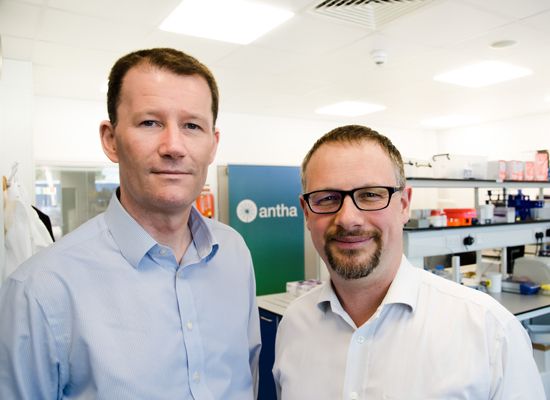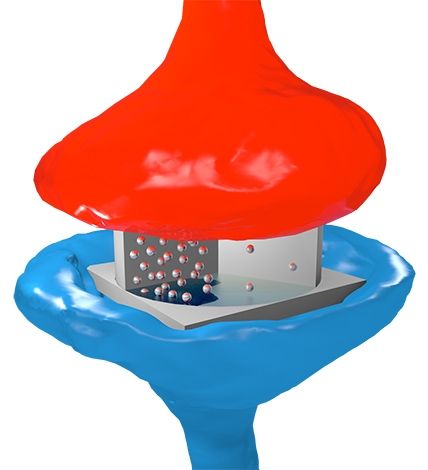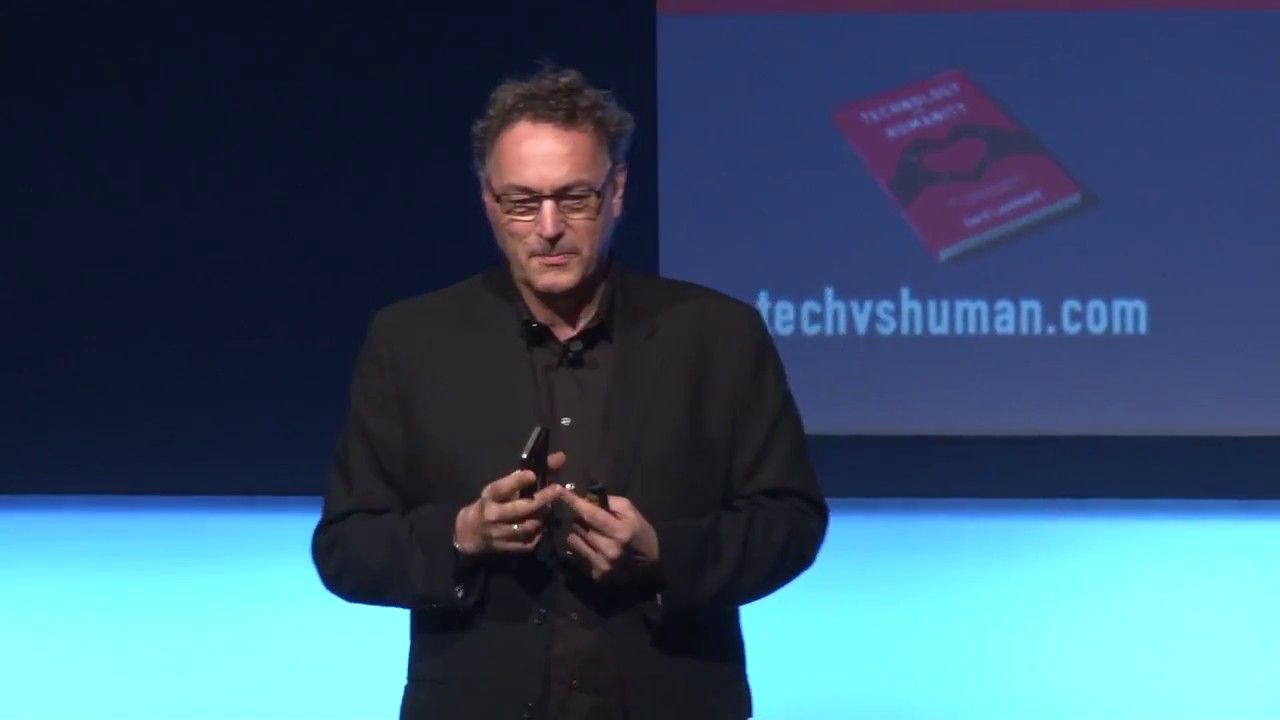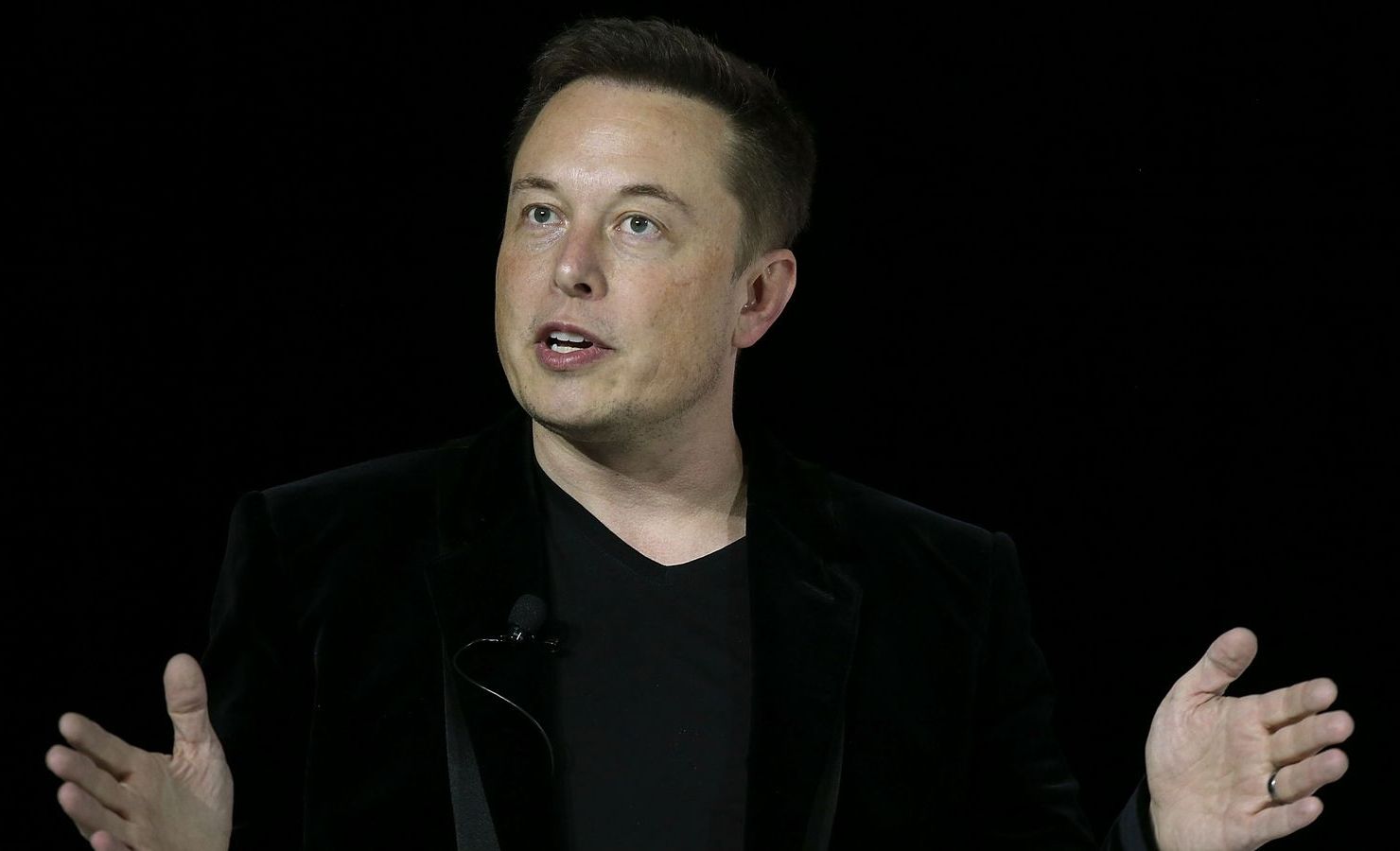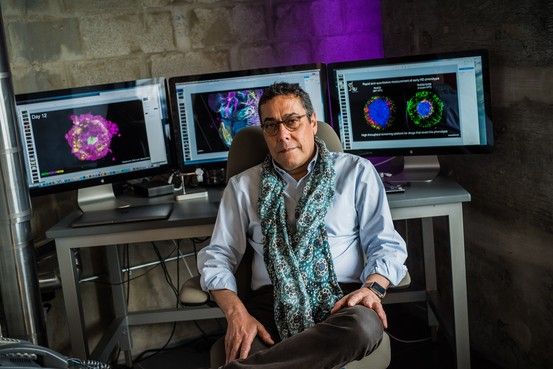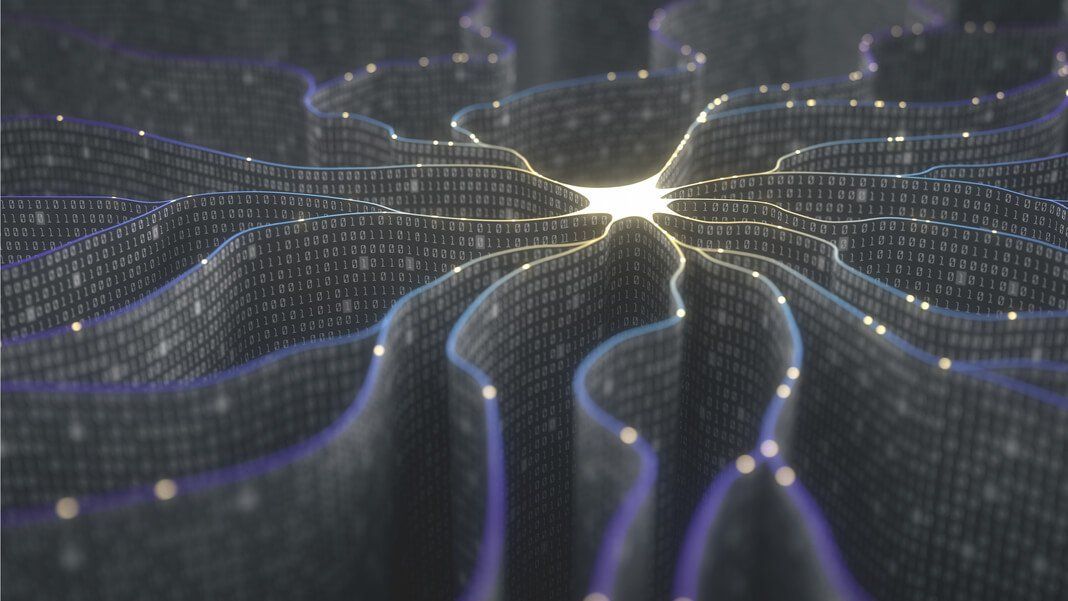May 4, 2017
“Glowing Mushroom” Discovery Could Revolutionize Biology
Posted by Shane Hinshaw in categories: biological, innovation
- Of the estimated 100,000 mushroom species on Earth, only about 80 glow. Scientists uncovered the explanation behind two of these glowing mushrooms.
- Studying the mushrooms allowed researchers to make chemicals that glow various colors that may help us make more scientific breakthroughs.
Mushrooms are our favorite fungi. From savory dishes to surprising video game power-ups — we can’t seem to get enough of the little things. What’s more interesting, however, is the fact that mushrooms can be far more relevant to our own progress as a society than we imagined. The Neonothopanus gardneri and Neonothopanus nambi are two distinct species of glow-in-the-dark mushroom found in Brazil and Vietnam respectively, that have reshaped our perspective on bioluminescence permanently.


